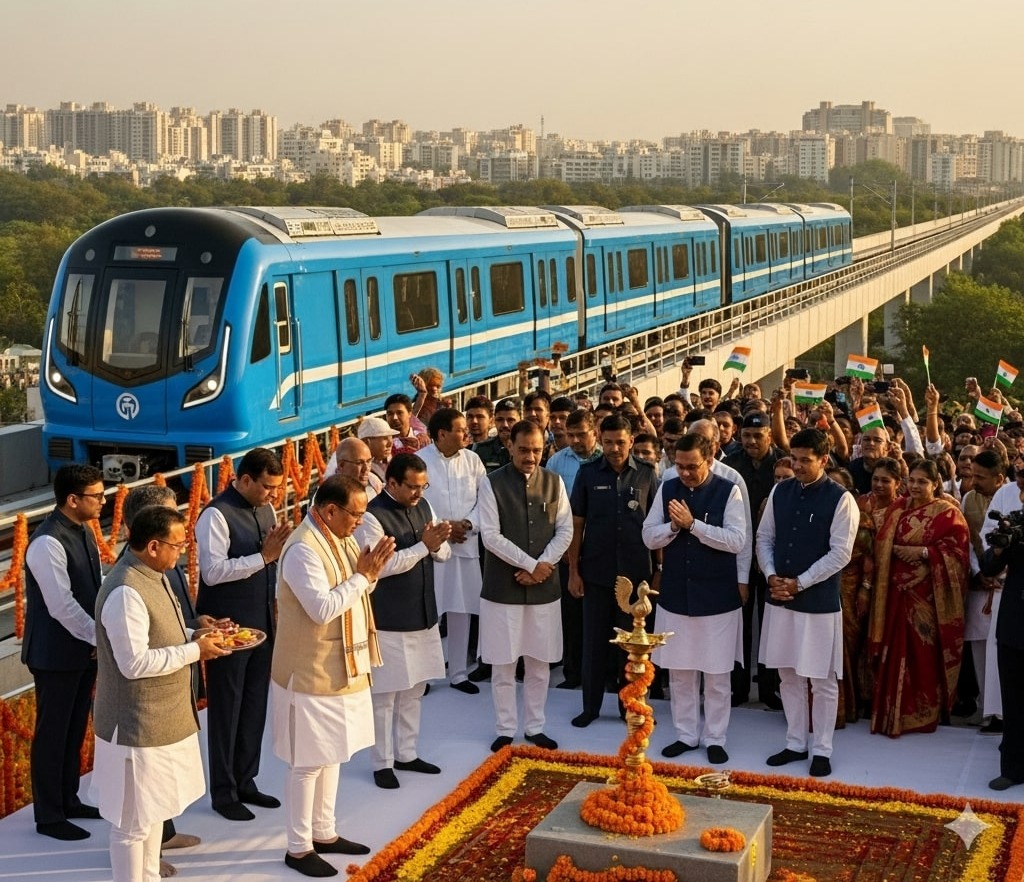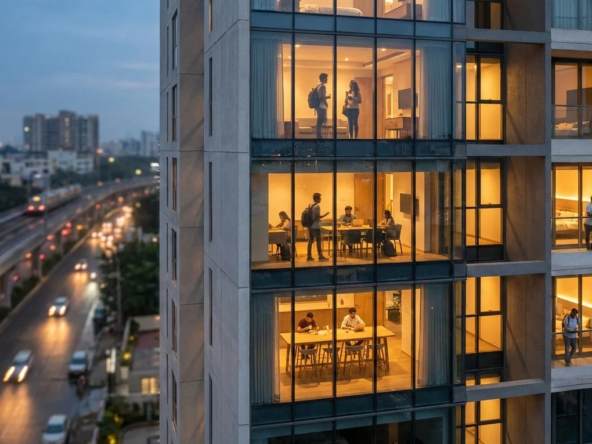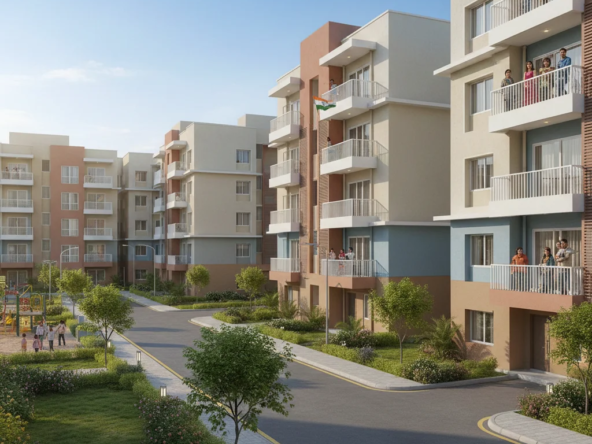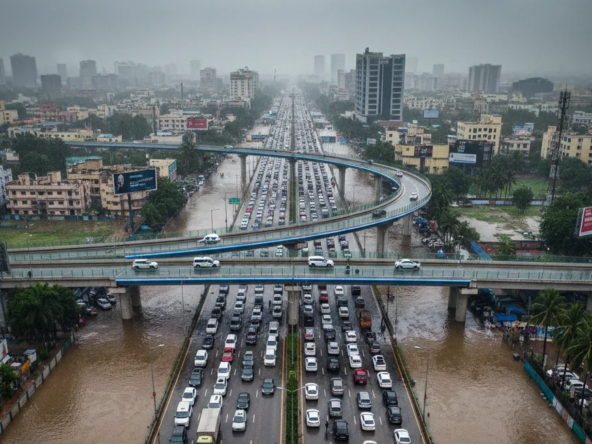🚇 Gurgaon Metro Expansion: A New Chapter in City’s Growth
Gurgaon has waited eight long years for its metro network to grow again. That wait finally ended on Friday when phase 1 of the new metro corridor kicked off with a grand groundbreaking ceremony. Union minister for housing and urban affairs Manohar Lal Khattar and Chief Minister Nayab Singh Saini led the historic event.
The project has already ignited excitement among residents, businesses, and urban planners. Many see it as a turning point in the city’s journey toward becoming more connected and sustainable.
🏗️ What Phase 1 Brings to Gurgaon
Phase 1 comes with a budget of ₹1,277 crore. It will cover a 15.3 km elevated corridor with 14 stations stretching from Millennium City Centre to Basai. Alongside, a 1.8 km spur will link the line to the Dwarka Expressway, with a ramp connecting to the Sector 33 depot.
This is only the beginning. Eventually, the project will extend into a 30.5 km corridor, running through Old Gurgaon and finishing at Cyber City.
🌆 Key Metro Stations That Change Daily Commutes
The upcoming stations at Subhash Chowk, Hero Honda Chowk, Palam Vihar, Udyog Vihar, and the railway station will make a big difference. These are some of the busiest traffic points in the city. By bringing metro access here, commuters can expect shorter travel times and far less congestion on the roads.
Chief minister Saini called this line a “New identity for Gurgaon”, highlighting how it will improve quality of life while cutting down on pollution and traffic chaos.
🚦 Boost for Connectivity and Future Growth
The metro expansion is not just about one corridor. Plans already exist to connect:
- Rezang La Chowk to Dwarka Sector 21
- Sector 56 to Pachgaon
- Direct links with Delhi-Karnal, Delhi-Gurgaon-Neemrana, and Gurgaon-Faridabad-Noida rapid rail corridors
- With these future extensions, Gurgaon will no longer rely only on private cars or cabs. A strong public transport backbone is finally coming into shape.
💡 Metro: A Symbol of Progress and Sustainability
Union minister Khattar emphasized how metro projects define sustainable urban development. He reminded people that since 2014, metro coverage in India has grown from 248 km in 5 cities to 1,066 km in 24 cities. Another 970 km is already under construction.
For Gurgaon, this is not just a transport project. It is a symbol of growth, opportunity, and environmental responsibility.
🚌 Last-Mile Connectivity Gets a Boost
To make travel smoother, Khattar also announced the addition of 10,000 buses nationwide, with 450 for Haryana and 100 dedicated to Gurgaon. These buses will be app-based and linked with metro stations. This will finally address the last-mile connectivity challenge and reduce dependence on private vehicles.
⏳ Faster Construction Timeline
The contract has gone to Dilip Buildcon and Ranjit Buildcon. Officials expect phase 1 to finish in 30 months. However, there is hope the project may complete within two years. Work like pile load testing, barricading, and utility shifting has already started.
🌍 Why Gurgaon Needs This Now
Currently, Gurgaon’s metro network is just 17 km long—5.3 km of Delhi Metro’s Yellow Line and 11.7 km of Rapid Metro. This has been stagnant since 2017. Limited public transport has forced residents to depend on cars and cabs, leading to traffic jams and poor air quality.
As Amit Bhatt, MD of ICCT India, explained, a developing city like Gurgaon needs a strong public transport system. Without it, growth will choke under congestion and pollution.
👨👩👧 Voices of the People
Residents are hopeful. KK Gupta from Sector 45 shared how it sometimes takes him over an hour to reach home from Udyog Vihar. He believes the new line will finally ease his daily struggle.
🌟 Final Thoughts
The Gurgaon Metro expansion is more than just a transport upgrade. It promises faster commutes, less pollution, and better urban living. With future corridors and stronger last-mile connectivity, the city is on its way to becoming a modern, sustainable hub.
Gurgaon has waited long enough. Now, the metro is ready to move the city forward.




